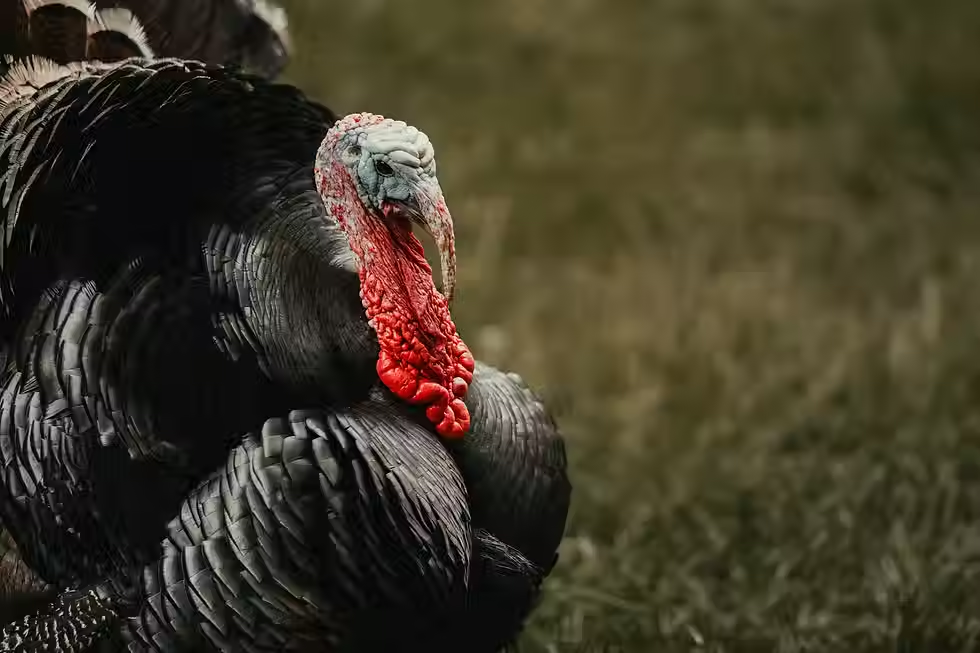On the Farm – Turkey Farmers of Canada
- Marie Megane Clarissa Jean Louis
- Feb 27, 2025
- 2 min read
This resource provides an overview of turkey farming practices in Canada, including housing, feeding, and care. It emphasizes the importance of biosecurity measures and adherence to national standards for bird welfare.

The "On the Farm" section of the Turkey Farmers of Canada website provides an in-depth look into the practices and standards upheld by Canadian turkey farmers to ensure the humane treatment of turkeys and the delivery of safe, high-quality products to consumers. Central to these efforts are two mandatory, science-based programs: the On-Farm Food Safety Program (OFFSP) and the Flock Care Program (FCP). These programs are regularly reviewed and updated to align with current scientific knowledge, and farmer compliance is verified through annual audits conducted by trained professionals.
In Canada, the majority of turkeys are raised in specially designed barns that protect them from predators, disease, and adverse weather conditions. These climate-controlled environments are carefully monitored for temperature, lighting, space, and access to food and water, as outlined in the Flock Care Program. Turkeys are free to roam on floors covered with soft bedding without the use of cages.
The rearing process begins with day-old poults placed in these barns, receiving special care during the brooding phase, which lasts until they are five to six weeks old. Following this, the growing cycle continues until the turkeys reach market weight between 11 and 17 weeks of age. Female turkeys (hens) are typically raised for the whole bird market, while male turkeys (toms) are often destined for further processing, though some are also sold as whole birds.
To maintain bird health, farmers implement extensive biosecurity measures as part of the OFFSP. These measures include restricting access to barns, disinfecting equipment, and adhering to strict barn management and hygiene protocols. Additionally, farmers are expected to meet or exceed the national standards set forth in the National Farm Animal Care Council’s Code of Practice for the Care and Handling of Hatching Eggs, Breeders, Chickens, and Turkeys, which provides guidelines for sound management and welfare practices.
By adhering to these comprehensive programs and standards, Canadian turkey farmers demonstrate their commitment to animal welfare and food safety, ensuring that consumers receive high-quality turkey products.
Visit their website here: https://www.turkeyfarmersofcanada.ca/on-the-farm/
.png)


Comments